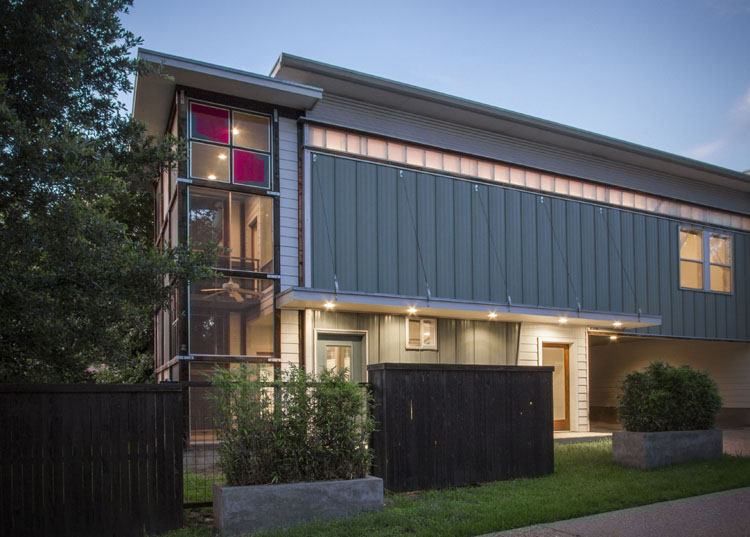Austin Condo Questions
Understand the Basics of Condos
There seems to be a lot of misunderstanding about condos. People usually think of condos as units in a multiple story building. They have a hard time believing that a home on an acre lot can be a condo. You can’t tell by looking if a property is a condo or not. The only way to know is to look at the legal description. So let’s get down to the basics and ask some Austin condo questions.
Condominium is a type of ownership.
In a non-condo property, the owner individually owns a plot of land, plus any improvements on it. In a condominium, the owner individually owns a part of the improvements, and jointly owns the land and all other parts of the improvements.
Individual Ownership.
The part of the property that is held by individual ownership is called a Unit. The boundaries of the Units are specific to each condominium. Read the condo documents to find out the boundaries between individually owned units and the jointly owned common elements. It’s an important condo question to ask. What are the boundaries of your unit?
Joint Ownership.
Each unit owner has an undivided interest in the common elements. The common elements usually include the exterior of the buildings, plus walkways, amenities, and land.
Limited Common Area.
Some parts of the common elements may be for use only by a certain unit owner. These are called “Limited Common Areas.” These may be decks, yard area, and other features that serve a single unit only. (They may serve several owners, but not all owners.)
Condominium is not a type of building.
A condominium may be an apartment, duplex, townhome, or free standing home on an acre lot. The land is not owned individually in ANY condo regime, including those with free standing homes. You cannot tell by looking at a building if the ownership is under a condominium regime. You have to look at the legal description.
Common area maintenance.
Usually, each unit owner pays dues for common area maintenance. A condominium association is often elected to handle maintenance of the common areas. The association carries an insurance policy for common areas, while individual owners carry insurance for their units.
On the other hand, some small condominiums have no dues. Each owner maintains his own unit and limited common area completely.
Condominium allows for greater density.
The creation of a condo regime allows the developer to get more density approved than would be allowed for single-ownership lots.
Review the condominium documents.
Read the condo documents carefully. The TREC contract requires that the buyer be given a copy of the condo documents, with some time to review them.
Review the resale certificate.
Condo documents must include a resale certificate. This is a form that shows budgets, insurance, special assessments, any lawsuits and other matters that affect the association.
Find out what is covered by the common budget.
No assumptions should be made about which repairs and maintenance are covered by the common budget. In some cases, the association will maintain all exterior components. In other cases, the individual owners may be responsible for their own roofs, decks, and exterior painting.
There is no standard set of repairs and maintenance, covered by a common budget, that applies to all condominiums. This is often a source of contention.
Ask the right people.
If you have an Austin condo question, the condo board president or manager is the best source for answers. They can say how the issue has been handled in the past. You might also ask a real estate attorney to review the documents. Neighbors, Realtors, or maintenance people are not reliable sources for interpretation of condo documents.
Two top Austin condo questions to ask before you buy.
Before buying a condo, be sure to review the documents. Remember, condo is a type of ownership, not a type of building.
Two basic questions you should ask are:
What is the dividing line between individual and common ownership in this condominium?
What is covered by the common area budget, and what am I responsible for?
Thanks you for visiting our Austin Condo Questions post! After 30 years in real estate in Austin, you can rely on us for expert guidance in buying or selling your home. If you need an experienced Realtor, give us a call! Thanks!

